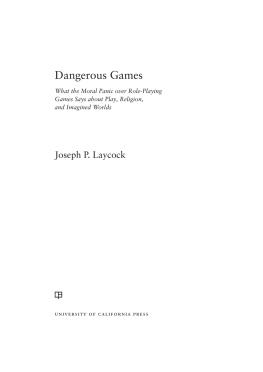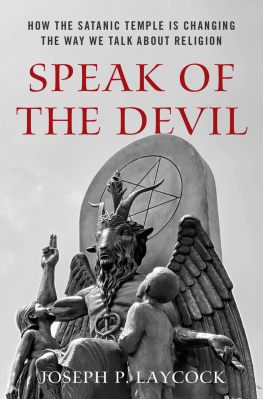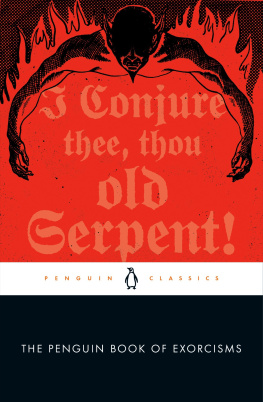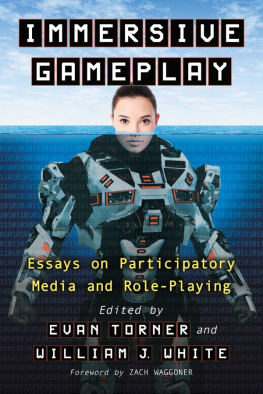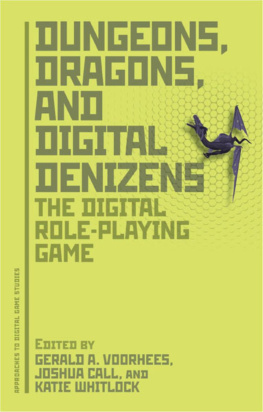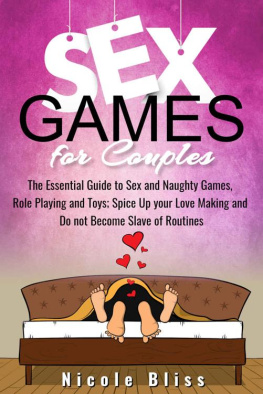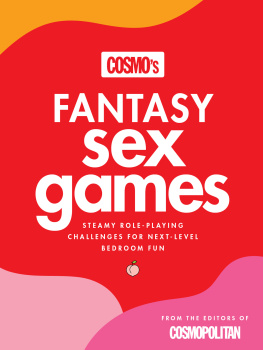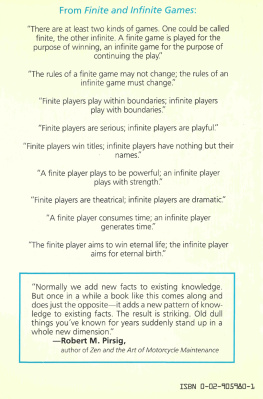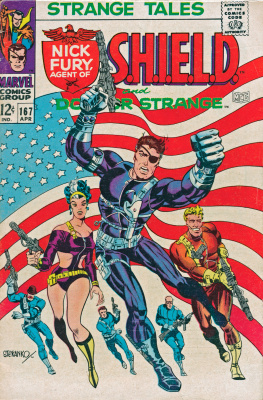Preface
You Worship Gods from Books!
My tolerance of this event is not advocacy for all of its content, and those who wish to interpret my remarks in this way do so uncharitably. And if pushed on this, I swear, I will blame the whole thing on Dungeons & Dragons anyway. The 80s tried to beat into my head that my beloved hobby was a gateway to darkness, and lo and behold, here I am. I must have failed a saving throw somewhere along the way.
Harvard lecturer in ethics and public policy Christopher Robichaud, Remarks on the Occasion of Harvards Reenactment of the Black Mass
When Gary Gygax and Dave Arneson published Dungeons & Dragons ( D&D ) in 1974, they created the first commercially successful fantasy role-playing game. In these games, players imagine heroic characters for themselves and produce narratives of their adventures. The point is not only to produce a good story but to allow the players to experience an imagined world together. As an art form, the fantasy role-playing game is directed inward. The players do not perform their roles for an audience but for each other. Because of this introspective quality fantasy role-playing games are almost impossible to appreciate or critique without participant observation. This is no doubt why, within the small body of scholarly research on these games, I am unaware of any example in which the scholar has not spent hours playing these games him- or herself. The present study is no exception.
I grew up in Austin, Texas. I was introduced to D&D at the age of six at (where else?) a summer camp for gifted children. In those days, children were allowed to spend the afternoon wandering through the woods unsupervised. We were expected to entertain ourselves. We were, after all, gifted. What we called Dungeons and Dragons had almost nothing to do with the game created by Gygax and Arneson. Most of us had never seen multisided dice, and only a few boys with older brothers had seen a gaming book. By middle school I had acquired these mysterious objects and learned to play D&D for real. I was a regular player throughout high school and college and even played the occasional game in graduate school.
In middle school I became involved in live-action role-playing, or LARPing. I joined the Austin chapter of Amtgard, a group that enacted fantasy battles in public parks using padded weapons. In the ninth grade I had a runners build and was not considered athletic. My Amtgard character was an assassin. My college-age teammates would send me on missions to slink behind the opposing team and stab their leaders in the back. If I succeeded at these decapitation strikes, I received praise from adults that I looked up to. If I failedthat is, if I was detected and beaten with foam swordsI was told that I had not died in vain, because I had caused the enemy to divert resources from the front lines. Amtgard felt like a cross between being a normal high-school athlete and a child soldier.
By my senior year I had graduated to another LARP called Vampire: The Masquerade. In this game, players pretended to be vampires who were pretending to be human. The game met at the University of Texas at Austin, and most of the players were college students. Players had to be eighteen, so I lied about my age in order to participate. Whereas Amtgard had been loud, violent, and sweaty, Vampire consisted primarily of elaborate Machiavellian plots, and most characters wore suits instead of chain mail. LARPing was an alternative world in which my normal adolescent life was reversed: In high school I generally avoided the gym. In Amtgard I dealt death from the shadows. In high school I did not talk to many girls. In Vampire I discussed philosophy and politics with female college students in leather corsets.
Experiencing this alternative world caused me to think about the ordinary world in new ways. The pummeling I received in Amtgard taught me that I could be tough. In college I began studying martial arts and eventually took up boxing and weight training. These skills gave me the confidence to work with at-risk youth as a high-school teacher, and I briefly coached boxing. Vampire taught me about networking, resourcefulness, and cunning. Every graduate student would be well served by playing Vampire before attending his or her first academic conference. I was able to discover these things through LARPing precisely because these games seemed more real than playing D&D with friends. The high level of organization and the number of people involved meant that my actions had consequences within the alternate reality of the game that forced me to think carefully about what I was doing. The freedom to take risks without suffering permanent consequences when I made mistakes taught me confidence and helped me to grow up.
However, living in Texas, I was also aware that my hobbies marked me as deviant. In middle school, I was occasionally bullied for playing D&D, and a neighbors father was convinced that Amtgard was a Satanic cult. In fact, bullies and evangelical Christians seemed to be in lockstep regarding D&D . In the 1980s there was a full-blown moral panic over role-playing games in which such figures as Geraldo Rivera and Tipper Gore warned that games like D&D cause young people to lose their minds, commit suicide, and worship the devil. Gamers (those who play fantasy role-playing games) were simultaneously the object of ridicule and fear. Somehow we were perceived as hapless losers who were also dangerous Satanists. As a child, listening to sensational claims about my favorite hobby led me to my first suspicion that grown-ups are fallible. Adults claimed that their authority came from their experience and wisdom, and yet a simple game made them frightened and hysterical.

